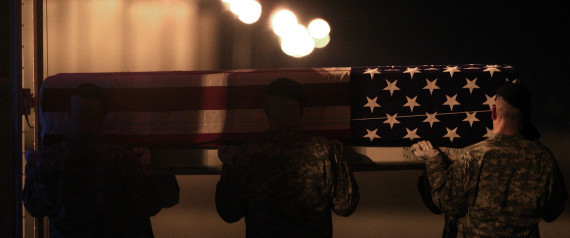Each record gone affects what follows from that moment on! For those who served and their needs to then veterans of and their needs to the historical record of each combat theater incident!
DeLara's case is part of a much larger problem that has plagued the U.S. military since the 1990 Gulf War: a failure to create and maintain the types of field records that have documented American conflicts since the Revolutionary War. read more>>>
12/10/2013 - The era of big data has arrived on the battlefield and we need to find new ways to deal with it.
When I took over the responsibilities as chief of records management for US Central Command in May 2009, one of my primary responsibilities was to oversee the records for the Joint Task Force Headquarters, US Forces-Iraq and US Forces-Afghanistan. For the next four years, my life became devoted to capturing, preserving, and then organizing what I believe is one of the most important document collections from the early twenty-first century, the Operation Iraqi Freedom Collection.
In the days following the end of combat operations in Iraq in September 2010, the media focused on a variety of important topics: What will Iraq look like in the post-war? How will we handle the troops coming home? Determining the costs of the war both in human and economic terms.
Little attention was paid, though, to the documents that will be crucial to future historians and others who will debate the conduct of the conflict, looking through an historical lens rather than media's present-day view on current events. Military analysts and historians require primary source material, from communiques (which are often emails), to reports drafted in the field, to the orders issued to units to accomplish a given task. Without these records a true history of Second Iraq War, a conflict lasting longer than the Second World War, would not be possible. read more>>>
























No comments:
Post a Comment